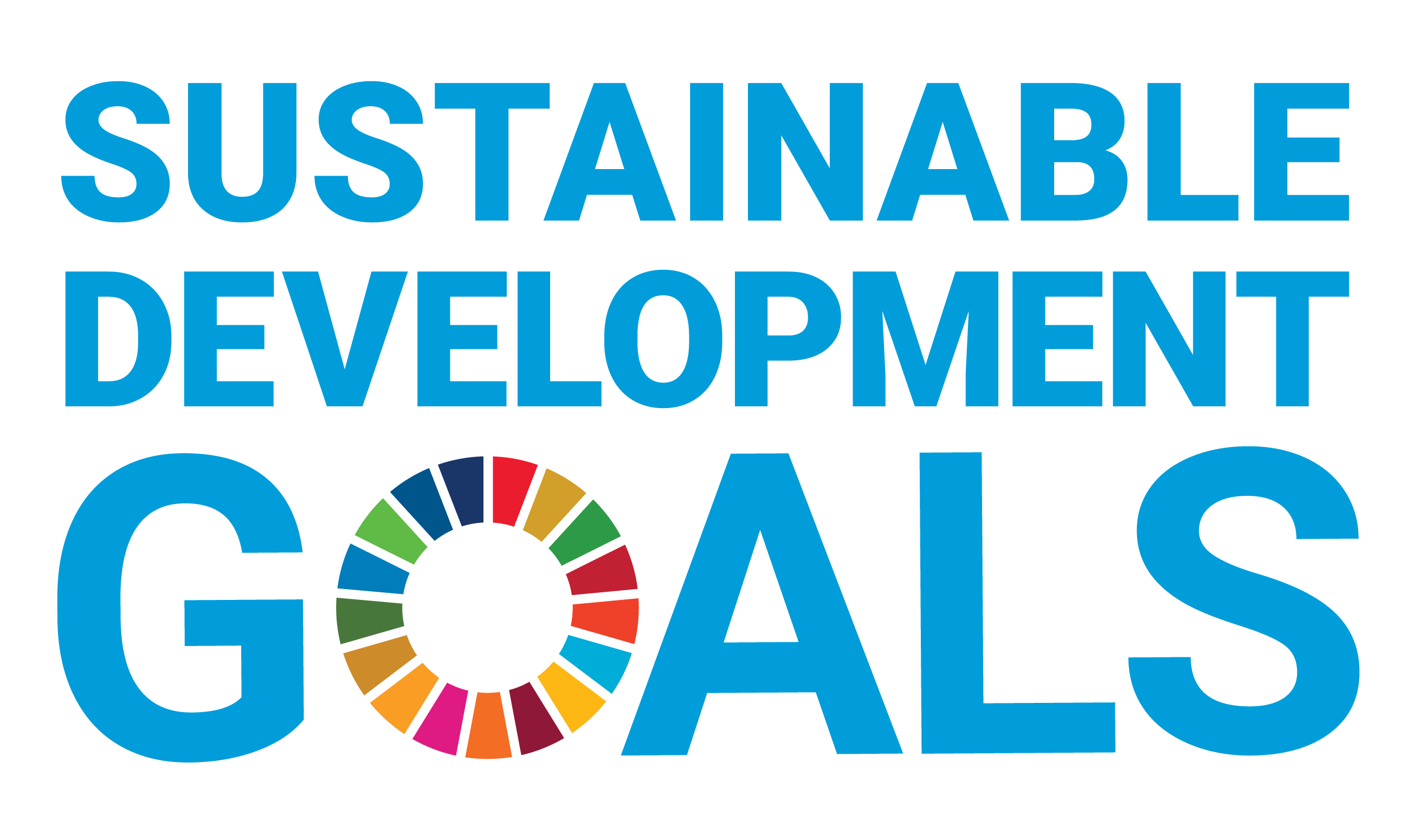The Interplay Between Financial Development, Electricity Consumption and Foreign Direct Investment in the GCC Countries: New Insights from GMM Panel VAR
Document Type
Article
Publication Date
2022
Abstract
Over the past years, the economies of the Gulf Cooperation Countries (GCC) countries, which hold a large of the world in oil and gas exports, have suffered from dramatic declines in oil prices. This has put pressure on their policymakers to seek relief from their heavy dependence on natural resources and diversify their exports. At the same time, the GCC countries have high electricity consumption due to their severe climatic conditions. This has prompted their policymakers to consider the inevitable shift to environmentally friendly resources for electricity generation. Foreign direct investment, facilitated by the financial systems of these countries, may play an important role in achieving the above objectives. Therefore, the objectives of our paper are to investigate the relationship between foreign direct investment, electricity consumption, and financial development in GCC countries using a novel GMM-Panel VAR approach. Data are observed from 1990 to 2019. We find bidirectional causality between foreign direct investment and financial development and two unidirectional paths: one from electricity consumption to foreign direct investment and from financial development to electricity consumption. In addition, we observe negative and significant responses of financial development to shocks in electricity consumption. Our results can have a double interpretation. First, they provide an overview of the interactions between the variables studied, whose evolution may be prognosticated with the analysis of shocks resulting from the methodology adopted in our paper. This is serviceable given the recurrent turbulence in the international financial markets and the incessant perturbations in the prices of energy commodities, visually examined especially in recent years. Second, our empirical findings are useful for policymakers willing to have earlier diagnoses for policies strengthening renewable energy use in these countries. Our results can be seen on the side of this objective. The quite developed financial system in these countries may play, indeed, an important role in encouraging the FDI installation in the field of renewable energy.
Recommended Citation
Saidi, H., El Montasser, G., & Doytch, N. (2022). The interplay between financial development, electricity consumption and foreign direct investment in the GCC countries: new insights from GMM panel VAR. Energy Sources, Part B: Economics, Planning, and Policy, 17(1). https://doi.org/10.1080/15567249.2022.2136875



